Hmmm... can you think of something we believed to be true for decades that was later dis-proven? I mean besides the Earth being flat, and that the Sun rotates around the Earth.
How about:
There are 109 Elements in the Period Table
New information: Since 1994, six new elements have been discovered.
or:
The first mammals evolved about 155 million years ago.
New information – “The shrew-like animal would have run under the feet of dinosaurs at the start of the Jurassic period, nearly 195 million years ago … Hadrocodium wui pushes back by another 40 million years its first appearance in the fossil record.”.
Here are a couple of sites just for fun...
1. Medical Facts that Have Been Proven to be Wrong
2. What Scientific Laws or theories have been proven wrong?
All this is to say that as we add new information to our data, our statistics or theories have to change. With me so far?
Ok, here's the "WHAT IF"...
Let's go back to the Medical Industry... that slow to move, slow to assimilate new information, give me 3 - 10 years of similar data before I can make a decision, industry.
- Medical statistics in the West are based on Western Medicine's view of valid data. Yes?
- In the U.S. and even more so abroad, many, many people incorporate "alternate" methods into their every day or healing regimen. Yes?
- When a patient visits a traditional medical practitioner, their condition is assessed from a "symptom" and "data I learned about that symptom" perspective. Yes?
- A patient is hardly ever asked what their eating habits, supplementation, attitudes and belief's are as part of the standard, one size fits all data sheet they fill out. Yes?
- A diagnosis is based on those symptoms (I am trying to distinguish these from causes of illness) and on scientific data, clinical that is. Yes?
- You are then given a statistic if relevant to your situation, and with Cancer patients, boy are we happy to quote statistics. Yes?
- You leave programmed with the belief that you will fall in one of those statistical groups, and left to wonder which it will be... because you really have no control over that...it will depend on how your 'disease' responds to treatment. Yes?
Here's my belief and something you should think about seriously
To make things simple I'm going to choose two people to illustrate my theory. We're going to name them B and K.
B and K have recently had mammograms that show a small mass in one of their breasts. B and K are informed they should have biopsies.
B is conservative, has not done a lot of thinking about health trends or a lot of research about cancer treatment approaches. She is a believer in Traditional medicine and trusts that her Oncologist has all the answers.
B opts for a needle biopsy, since she is assured they are safe.
K is progressive, she is a hiker, has acupuncture for benign symptoms and is very interested in nutrition and Eastern medicine. She immediately scours the Internet for the latest news in Breast Cancer research.
B doesn't want a needle biopsy. She can't believe it's 100% safe, since in her mind there is no way that pulling a needle filled with cancer cells isn't going to leave a few of those microscopic cells along the needle path. She opts for a lumpectomy.
They have the same type of cancer, and their Oncologist suggests the traditional Chemo drugs for that type, followed by a course of radiation. The statistics are shared with each of them... since they were both caught early there is a 78% chance that nothing will develop, and a 22% chance of recurrence. Chemo adds another 5-6% benefit.
For our example, they both choose to have Chemo.
They both meet with the resident Nutritionist who tells them about foods and supplements to avoid during treatment, and how to modify their diet for cancer prevention. He gives each a handout about Chemo side effects and some suggestions to alleviate them (most are drugs to take).
K leaves feeling down, a little overwhelmed by the information and the changes she has to make. Her husband is supportive and upbeat, and her sister is distressed, a little worried about her own fate now. K's home is comfortable, clean and in a suburban neighborhood. K has two children, 14 and 16, and a small dog. Her brother has left her a message on her answering machine encouraging her to talk to a Doctor he trusts before making a decision.
B leaves feeling anxious to get home so she can initiate a search for a Complimentary Therapy practice. Her boyfriend sends a few emails to solicit info from friends. They live in a two-story condo and have custody of his 12-year-old son. The house is a little messy, but furnished tastefully. Flowers stand in a vase in the living room, and a parakeet in a large cage near the patio door. Two of B's friends are waiting for her when she arrives...each has brought a gift from the Farmer's market. They cook lunch together while she tells them what her approach is going to be.
K and B go through the same treatment cycle.














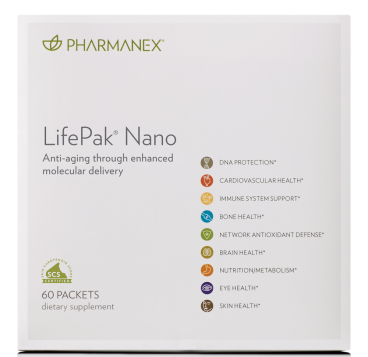
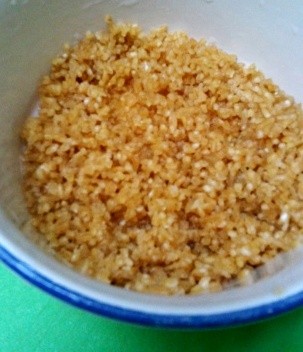






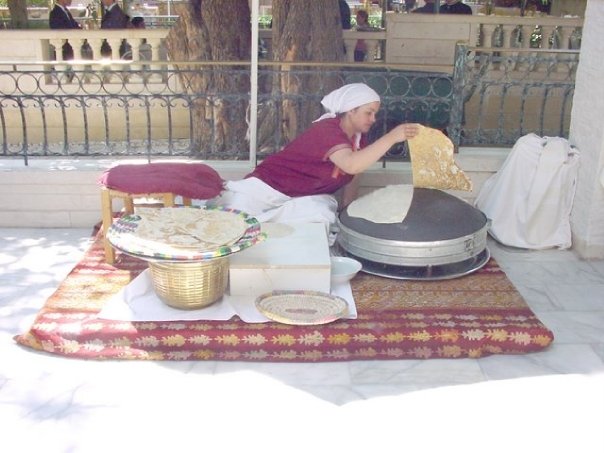





















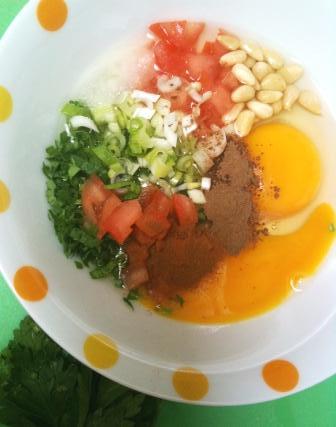
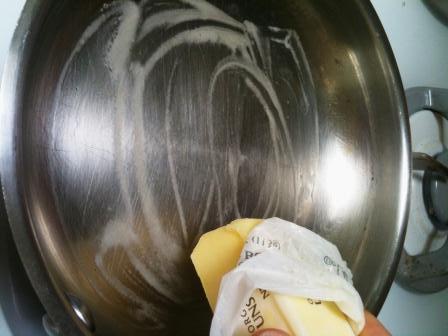








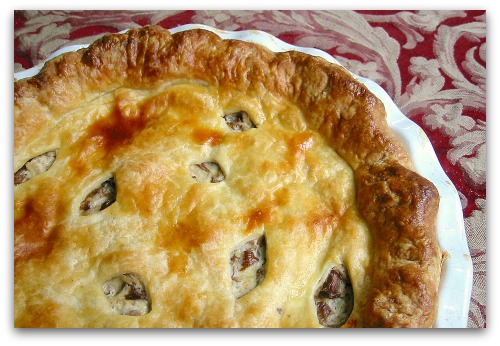 photo credit: http://www.tallcloverfarm.com
photo credit: http://www.tallcloverfarm.com








